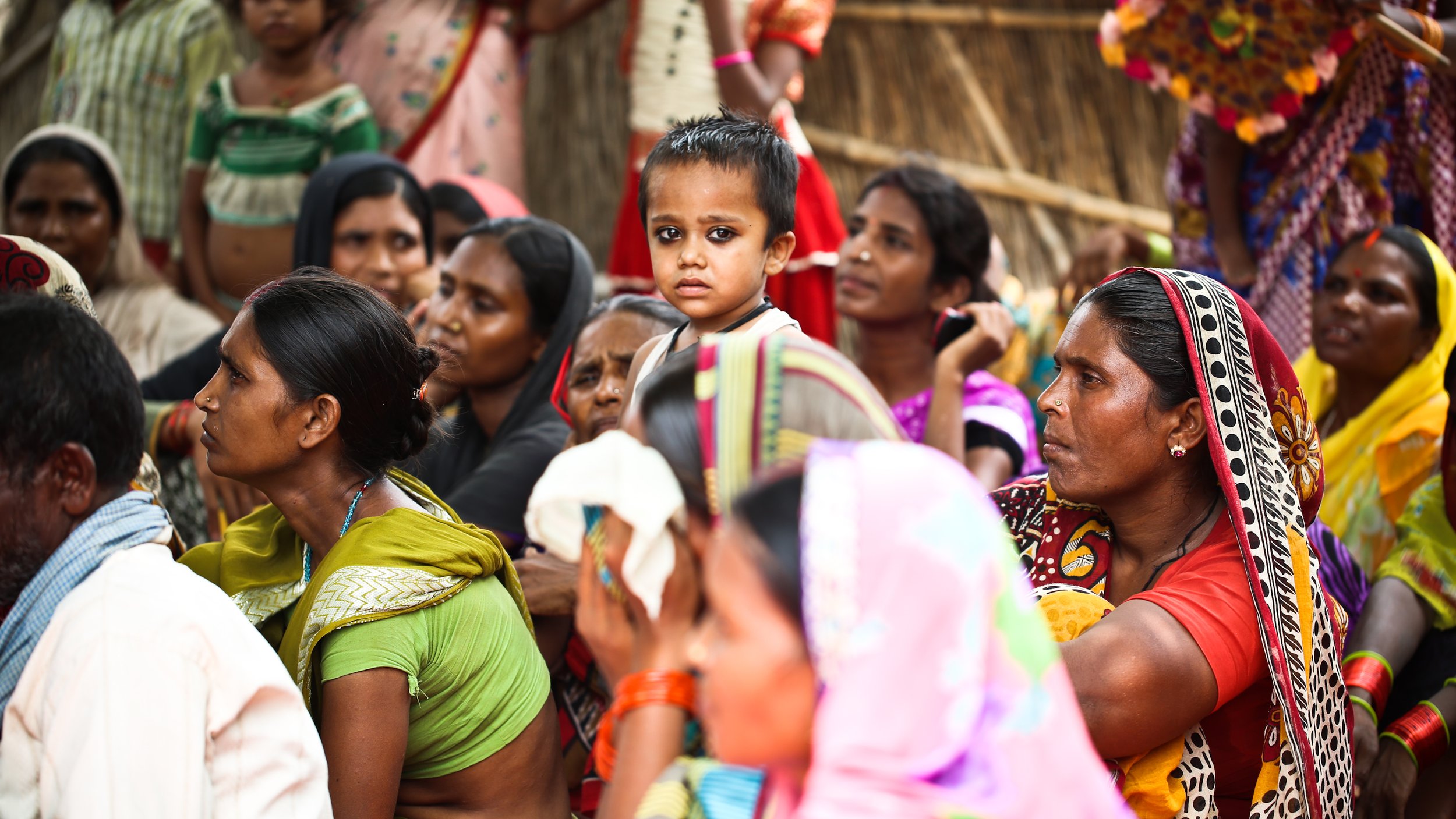Women tackle modern slavery in Freedom Rising
Freedom Rising is about providing the space and support for survivors to truly lead the anti-slavery movement.
Of the estimated 40.3 million people worldwide trapped in modern slavery, including 24.9 million in forced labour and 15.4 million people in forced marriage, a staggering 70% are women and girls. Women and girls account for 99% of victims in the commercial sex industry, and 58% of other sectors in other sectors of forced labour. But, of the groups working to liberate people and end the conditions that lead to modern slavery, very few are led by women and survivors of slavery.
Earlier this month, The Freedom Fund - the largest global funder of frontline, anti-slavery organisations - launched Freedom Rising, a program to identify, equip, empower and support women and survivors of modern slavery to become leaders of anti-slavery organisations in their communities and in the global movement. The program embodies the fund’s core belief: that women and survivors should be at the centre of the work to end modern slavery.
The program will be piloted in Southern India throughout 2021. Learnings will be used to adapt and improve the program before its rollout and to make sure it is tailored to the specific needs and contexts of each training location, and delivered in local languages. For some, it is already yielding benefits. P Jayashree started working in a spinning mill at the age of 14. Today, as program manager at CARE, she leads a team of 30 volunteers to end exploitation of other adolescent girls in the spinning mills of Tamil Nadu.
“Since I’ve come to work as a social worker, I have transformed myself into a warrior to protect women and children,” said Jayashree. “To know that this movement is going to stand exactly for this, it is my big desire, happiness and ambition.” Claire Falconer, Head of Global Initiatives and Movement Building at the Freedom Fund, adds: “Freedom Rising is about providing the space and support for survivors to truly lead the anti-slavery movement. Survivors rarely hold leadership positions [or are given] only confined and tokenistic roles in anti-slavery organisations. This program works at both the individual and the organisational level, to build the leadership capacity and confidence of survivors, and to make anti-slavery organisations more inclusive of survivor leadership and representative of the communities they serve."
Gender bias and systemic discrimination make women and girls particularly vulnerable to modern slavery. “We know from our experience supporting frontline organizations that the most effective and sustained way to end modern slavery is to incorporate the experiences and the leadership of women and survivors,” says The Fund’s CEO Nick Grono. “We must centre our work around the leadership of women and survivors in order to address these underlying causes. We believe we can transform the face of the movement one leader at a time - and we must start now.”
The program is designed to support leaders through a personal learning journey that provides the skills and space for participants to experience, analyze and apply their learning. Not only must women and survivors work through their experiences of trauma and bias, they must also learn new approaches to leadership in a culture where their voices are chronically undervalued or dismissed.
With $1.2 million in funding and support from Laudes Foundation, Stardust Fund, The Ray and Dagmar Dolby Family Fund, UBS Optimus Foundation and Lisa Wolverton, President, Wolverton Foundation, each cohort of 50 leaders will receive a minimum of 12 months of mentorship, leadership and technical skills training, before graduating to join the Freedom Rising alumni network. Due to COVID-19, the program has been adapted to provide online learning until the in-person training can be safely delivered.
“We invested in Freedom Rising because we believe that transformational change comes only when women are in leadership positions and in influential roles sharing power and exerting influence,” said Natasha Dolby, founder of Freedom Forward and board member of the Freedom Fund. “These women are the best positioned to understand, analyze and shape what needs to happen in their organizations and communities, and with the anti-slavery movement at-large. We’re aware that changing norms takes time, but we're behind the Fund's vision that we must start now, when multiple pandemics that impact women worldwide have converged.”
“This program is providing support and connection to frontline leaders at a time of unique stress and isolation,” says Falconer. “The COVID-19 pandemic has placed enormous pressure on anti-slavery organizations. As they respond and recover, Freedom Rising will be there to shape the future of a movement that will be stronger, more resilient, and truly representative of the communities it serves.”
Freedom Rising’s focus on building a stronger, more strategic, and more representative anti-slavery movement makes it unique amongst leadership programs. After completing the year-long training, participants will be formally introduced to the program’s alumni network, enabling them to continue to build and strengthen connections at the local, regional and international levels. “Initiatives to support women’s leadership like this one are crucial, especially at this critical moment, as the world battles a global pandemic,” said Nada Al-Nashif, UN Deputy High Commissioner for Human Rights. “We know that putting women at the centre, indeed ensuring women are at the helm, will help ensure our collective success in meeting the global changes that we face together.”
